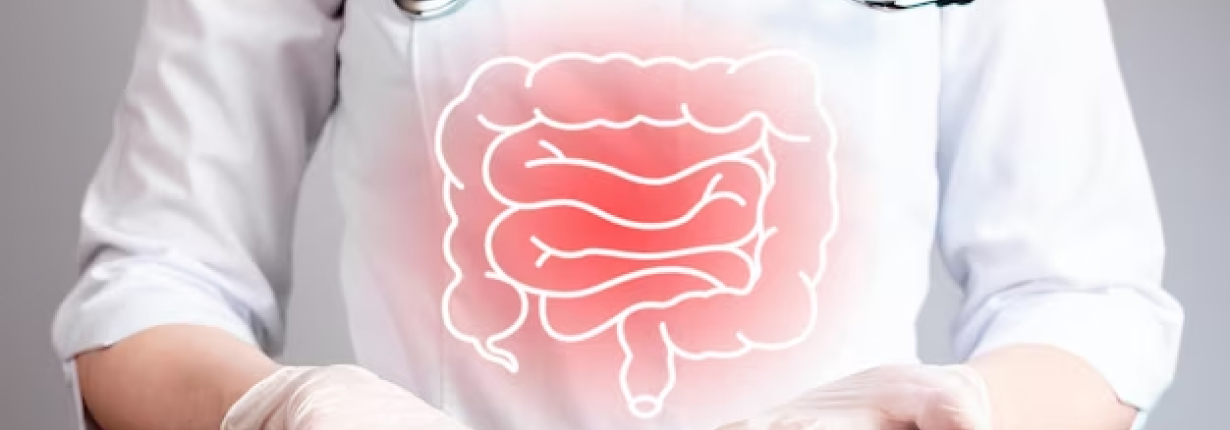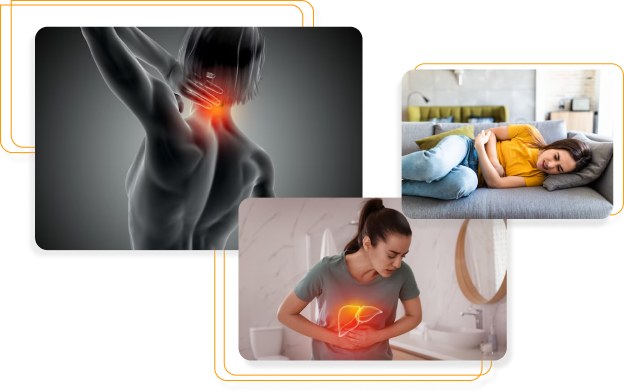
Crohn’s Disease
Inflammation in the digestive tract (commonly known as the gastrointestinal (GI) system) is the characteristic of inflammatory bowel disease. The immune system, which is our body’s defence system that fights disease-causing microorganisms, is involved in inflammation. This system could become overactive and assault the gut’s native flora, as well as a layer or structural molecule in the GI tract. Redness, swelling, ulceration, and tissue damage are all symptoms of the resulting inflammation in the affected area.
It affects approximately 4 to 10 persons per 100,000 people each year. Specialized management and patient compliance may be required for this entity.
Dr. Sanjoy Mandal, an eminent gastro surgeon in Kolkata, defines Crohn’s disease (CD) as an inflammatory bowel illness that affects the intestines. The inflammation extends deep into the affected part’s wall and can occur anywhere throughout the GI tract, from the mouth to the anus. The ileum, or the last section of the small intestine, is most usually impacted.
Symptoms of Crohn’s Disease

Inflammation creates swelling and irritates the bowel, causing it to contract more quickly, resulting in diarrhoea. Some of the other symptoms of Crohn’s disease, as listed by the gastrointestinal surgeon in Kolkata, include:
 Bone pain
Bone pain Weight loss
Weight loss Bleeding in stool
Bleeding in stool Anal fissures
Anal fissures Mouth sores
Mouth sores Abdominal pain
Abdominal pain Fever
Fever Skin problems
Skin problems Excessive bleeding, causing anaemia
Excessive bleeding, causing anaemiaMalabsorption caused by digestive issues in children can cause growth and development to be halted. This disease has a waxing and waning pattern to it, and relapses can happen at any time during one’s life.
Diagnosis of Crohn’s Disease
To diagnose CD, a complete physical examination and an array of tests are required.
- A blood test may be recommended, which could reveal anaemia and a rise in white blood cell counts, both of which indicate inflammation.
- A set of liver function tests may also be performed.
- It’s possible that a stool test will detect bleeding and inflammation.
- You may be needed to take a series of x-rays, which involves drinking barium meal, a viscid solution that coats the digestive tract and helps to locate inflammation in the upper GI tract.
- Aside from the abovementioned tests, your gastroenterology surgeon in Kolkata may recommend an endoscopy of your gastrointestinal tract to visually evaluate the problematic area and acquire a sample of tissue for microscopic analysis.
Treatment of Crohn’s Disease
Inflammation is controlled using medications such as mesalamine. The anti-inflammatory drug is released to act locally in the GI tract because these are not absorbed in the GI tract. Steroids such as prednisone, as well as immune suppressive drugs such as 6-mercaptopurine and azathioprine, are used to reduce the immune system’s reaction and thereby regulate inflammation.
When these methods fail, infliximab, an anti-TNF drug, is used to suppress the body’s immunological response.
Antibiotics can help manage bacterial overgrowth in the intestines. Dehydration caused by diarrhoea necessitates fluid supplementation. Around 70-80 percent of patients may require surgery to alleviate symptoms or consequences such as perforation, stricture, or severe bleeding, says the best gastro surgeon in Kolkata.
Take the first step towards a healthier you
